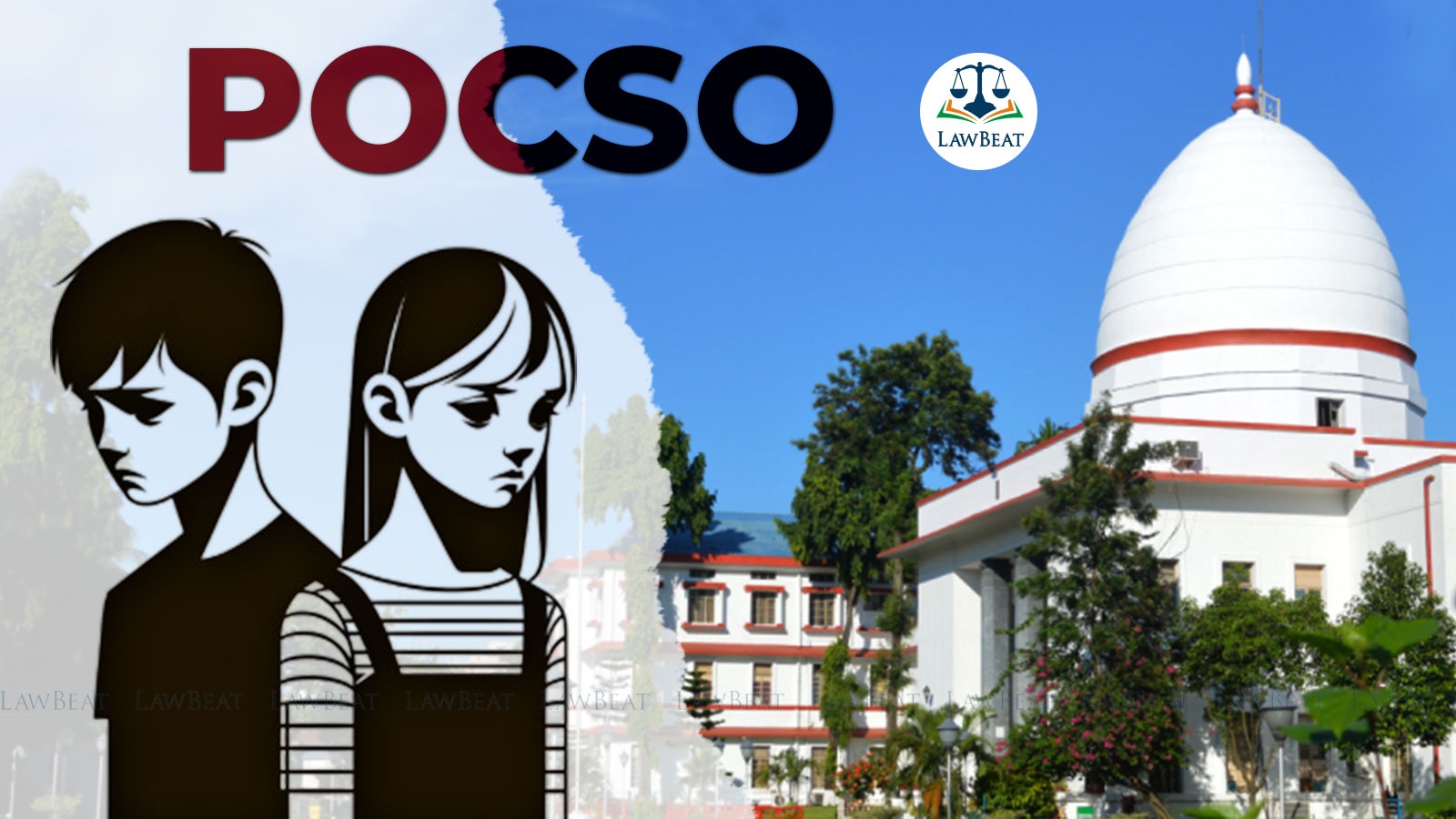Gauhati High Court Adopts New Guidelines for POCSO Cases

The new procedures aim to streamline legal processes, protect victims' rights and ensure their active participation in proceedings related to POCSO cases before the Gauhati High Court
The Gauhati High Court has introduced a series of practice directions aimed at improving the handling of criminal appeals, revisions, and petitions related to cases falling under the Protection of Children from Sexual Offences (POCSO) Act, 2012, and Section 439(1A) of the Criminal Procedure Code (CrPC). These directives are designed to uphold the rights of victims and ensure proper notification to parties.
This decision follows an order dated June 23, 2023, in the case of Dipak Nayak v. The State of Assam & Ors. A division bench of the Gauhati High Court expressed its inclination to adopt the Practice Directions formulated by a division bench of the Delhi High Court in Reena Jha and Another v. Union of India and Others (2020). The high court directed that these directions would apply specifically to offences under the POCSO Act.
The notification issued by the Gauhati High Court outlines the following practices to be adopted in proceedings under the POCSO Act:
Notice to Public Prosecutor for Bail Applications:
According to the newly implemented practice directions, prior to granting bail to an individual accused of offences specified under sub-Section (3) of Section 376 or sections 376-AB, 376-DA, or 376-DB of the Indian Penal Code, the High Court or the Court of Session must notify the public prosecutor within 15 days of receiving the bail application.
Presence of Informant during Bail Hearings:
The courts are mandated to ensure that the investigating officer communicates in writing, using the specified format ("Annexure A"), to the informant or their designated representative about their right to attend the bail hearing. This communication must accompany the bail application reply or status report. Furthermore, the courts must make every effort to ensure the presence of the informant or authorised representative during the proceedings.
Registry to Serve Copy to PP:
The directives further stipulate that for every bail application, criminal appeal, revision, or petition arising from cases involving offences under the POCSO Act and those covered by Section 439(1A) of the CrPC, the registry must serve a copy of such applications to the relevant public prosecutor. The prosecutor is then required to forward the documents to the investigating officer or the officer-in-charge of the concerned police station via email and hard copy, with instructions to inform the victim, guardian, or support person about the proceedings before the high court.
Inclusion of Victims:
Moreover, it is now mandatory for every such application filed in the high court to include the victim, guardian, or support person as a party. The guidelines emphasise that the identity of the victim must be carefully screened in accordance with the mandate of Section 33(7) of the POCSO Act. Once included, formal notice must be issued to the victim, guardian, or support person through the investigating officer or officer-in-charge of the relevant police station, with the officer being responsible for serving the notice.
Notice to Victims:
Additionally, the notice sent to the victim, guardian, or support person must include a provision stating that if they are unable to afford legal representation, they will be provided with free legal aid counsel to represent them in the proceedings before the high court. These measures are aimed at ensuring the protection and support of victims throughout the legal process in cases involving offences under the POCSO Act.
The new procedures, come into force with immediate effect and aim to streamline legal processes, protect victims' rights and ensure their active participation in proceedings related to POCSO cases before the Gauhati High Court and its outlying benches.
